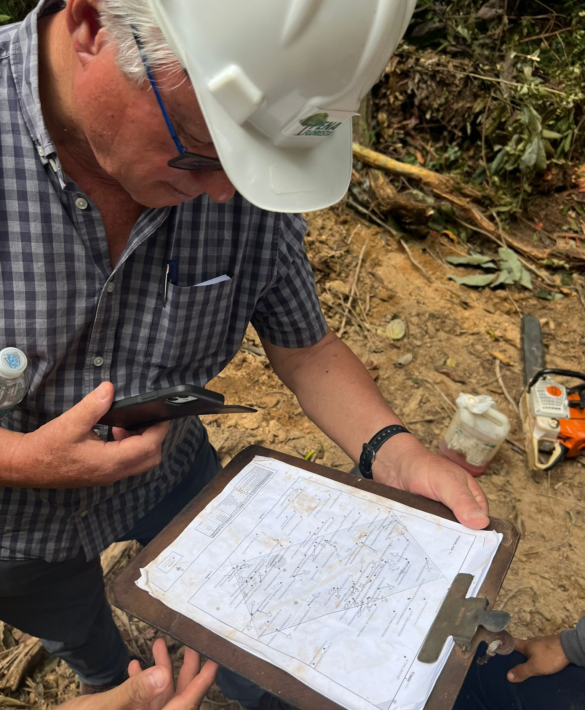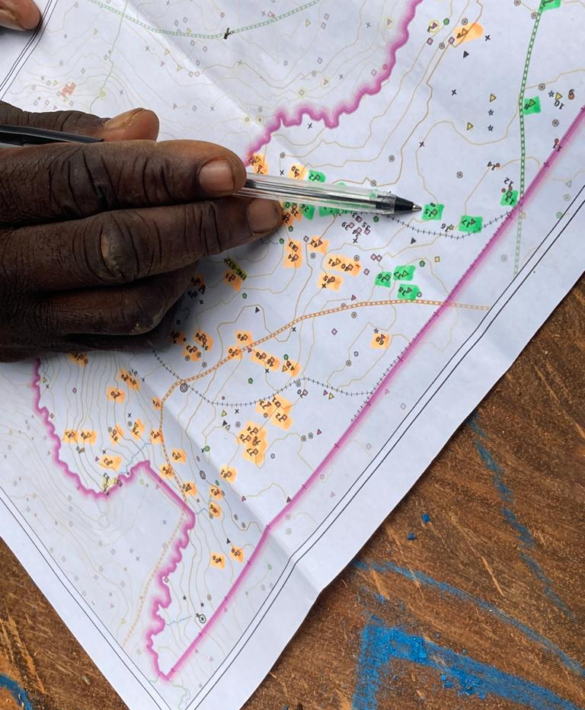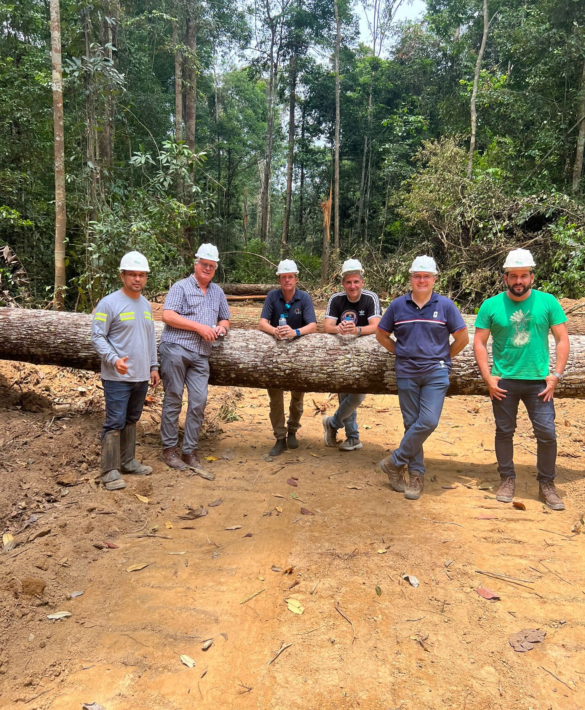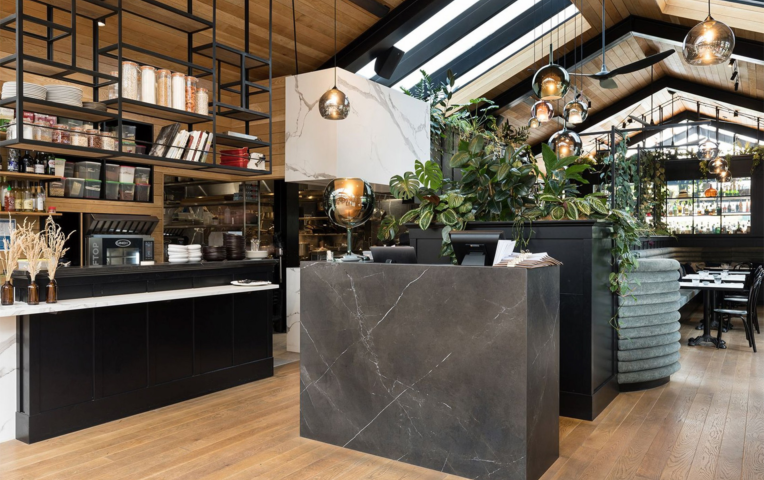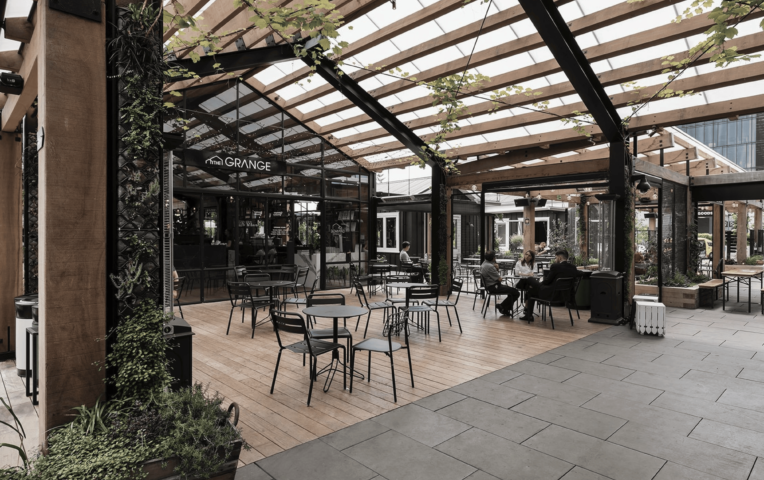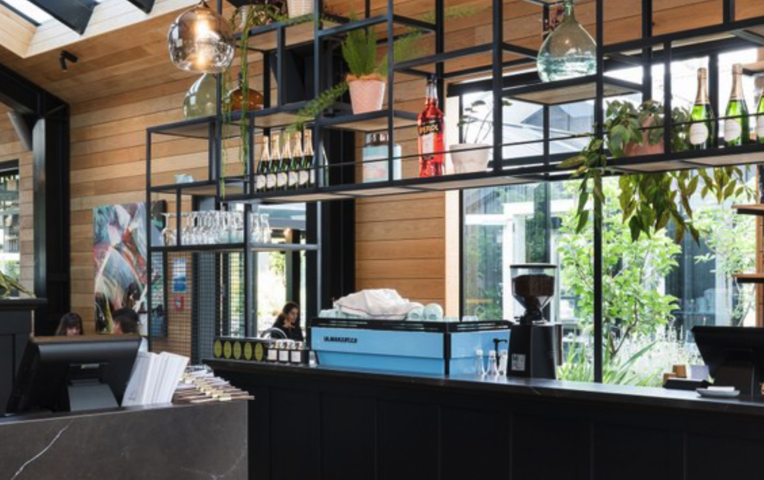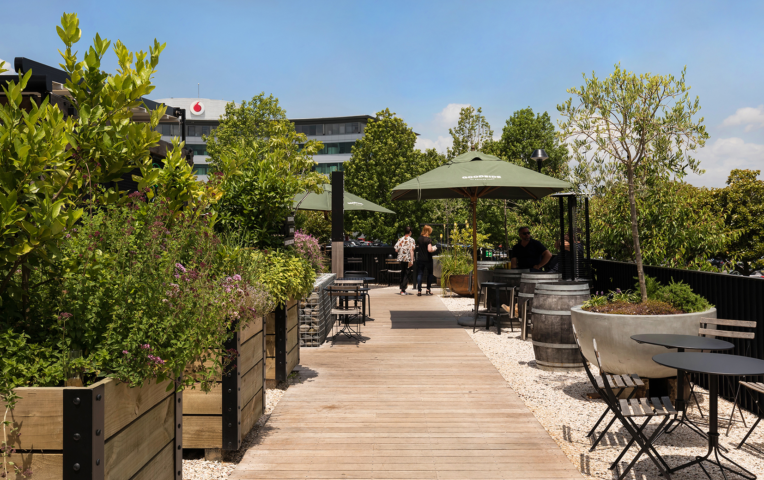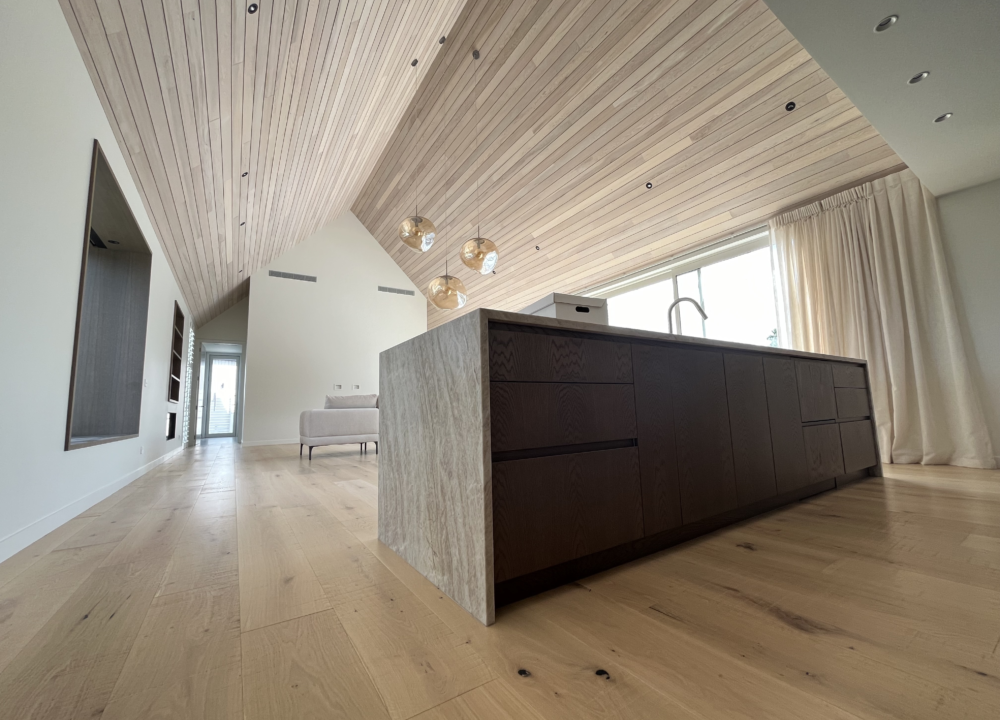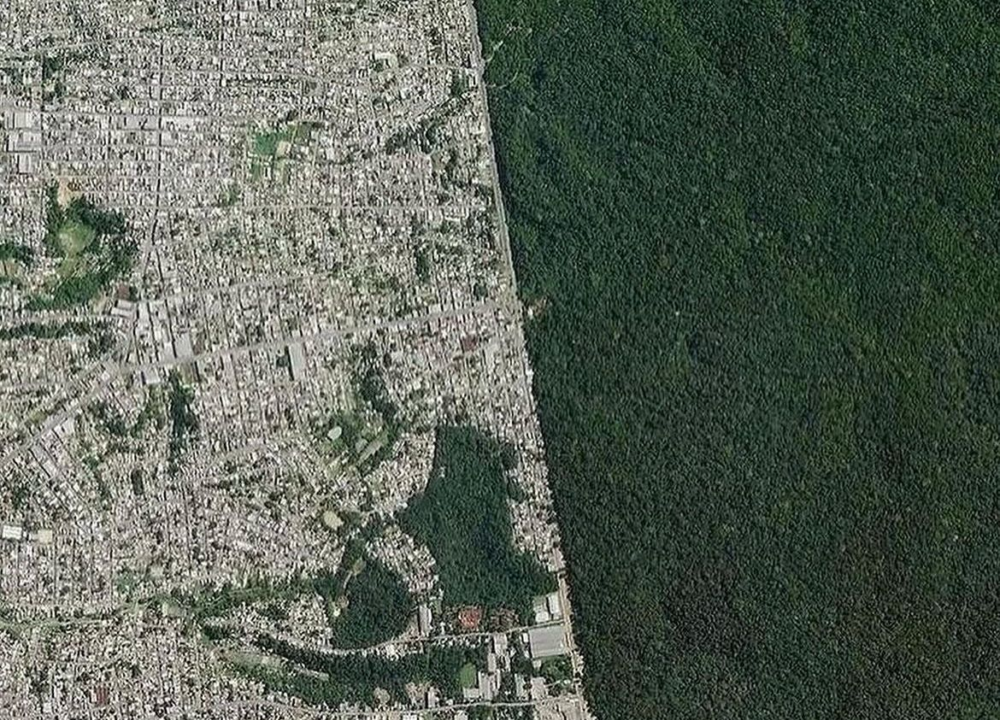
The Positive Impact of Supporting Sustainable Tropical Hardwoods
The Real Issue: Competition for Land Use
Written by Malcolm Scott
At the heart of the matter lies the competition for land use in tropical regions. Rapid urbanisation, agricultural expansion, and infrastructure development often encroach upon forested areas, leading to deforestation and habitat loss. While irresponsible or illegal timber removal certainly plays a role, it's just a fraction of the larger problem and a decreasing one.
Image: High Desity Urban Area vs Undisturbed Forest Cover
The Positive Impact of Supporting Sustainable Tropical Hardwoods
Supporting Sustainable Solutions: How It Makes a Difference
Contrary to popular belief, supporting sustainably harvested tropical hardwoods can actually protect the forests and help address the underlying issues driving deforestation and degradation. By opting for timber from certified sustainable sources, consumers create a demand for responsibly managed forests. This demand, in turn, incentivises forest owners and managers to prioritise responsible forest management and sustainable practices ensuring ongoing security for the forested land and those who live in it.
The Positive Impact of Supporting Sustainable Tropical Hardwoods
Positive Impact on Forest Conservation and Social Communities
Sustainable forestry initiatives not only protect forest ecosystems but also have profound social impacts. In regions where hardwood timber is sourced sustainably, communities benefit from job opportunities, improved livelihoods, and enhanced social infrastructure. Sustainable forestry practices often involve collaboration with local communities, empowering them to participate in decision-making processes and ensuring their voices are heard.
Moreover, sustainable forestry initiatives contribute to the preservation of indigenous cultures and traditional knowledge. By respecting indigenous rights and incorporating local perspectives into forest management practices, sustainable timber sourcing fosters cultural preservation and strengthens social cohesion within communities.
The Positive Impact of Supporting Sustainable Tropical Hardwoods
Sustainability in Building: A Greener Choice
In addition to its positive social and environmental impacts, sustainably sourced tropical hardwoods are also a sustainable choice for building materials. Compared to some other building materials, timber is renewable, biodegradable, and has a lower carbon footprint. By using sustainably harvested tropical hardwoods in construction projects, builders, architects, and homeowners can reduce their environmental impact while creating durable and aesthetically pleasing structures.
The Positive Impact of Supporting Sustainable Tropical Hardwoods
High-Quality Products
With a legacy of 120 years in importing hardwoods from around the world, JSC ensures a secure supply chain from highly reputable, reliable, and sustainably certified producers. The emphasis on meeting a range of buyer expectations and often surpassing international standards results in the selection of high-quality hardwoods that satisfy the demands of architects, builders, specifiers, and homeowners alike.
The Positive Impact of Supporting Sustainable Tropical Hardwoods
Conclusion: A Call to Action for Sustainable Choices
The environmental importance of supporting sustainably harvested tropical hardwoods goes beyond the building industry; it's a commitment to preserving the world's vital ecosystems. By dispelling misconceptions and promoting responsible forest management, you can actively contribute to positive environmental and social impacts. JSC stands as a strong deliverer of sustainable practices, offering not just hardwoods but a pathway to a greener, healthier environment for generations to come.
